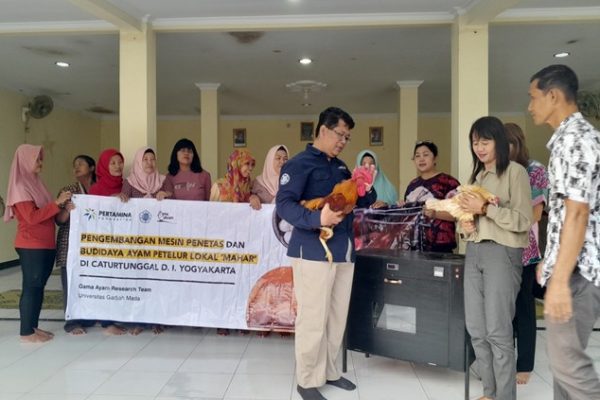Wukirsari, Cangkringan – June 19, 2025
Community ServiceNews Release Wednesday, 16 July 2025
Wukirsari, Cangkringan – June 19, 2025
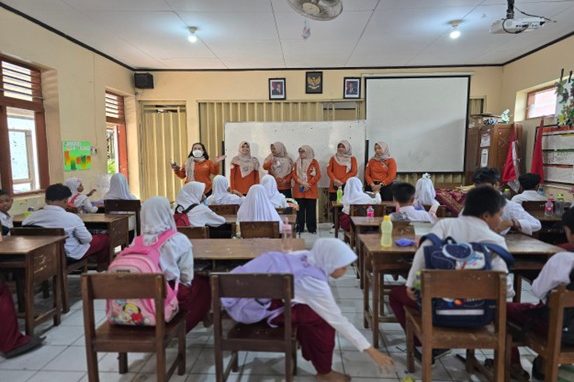
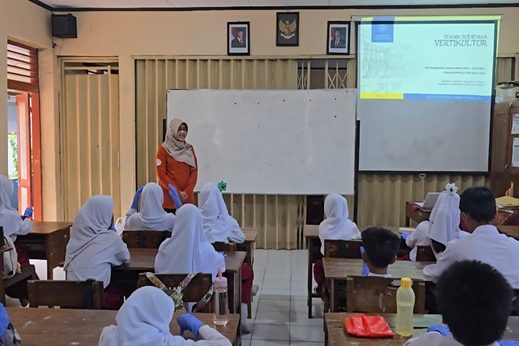
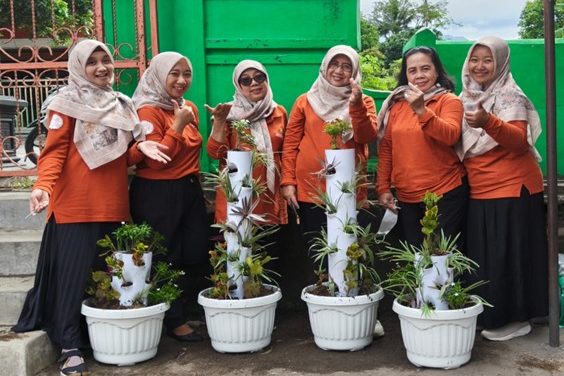
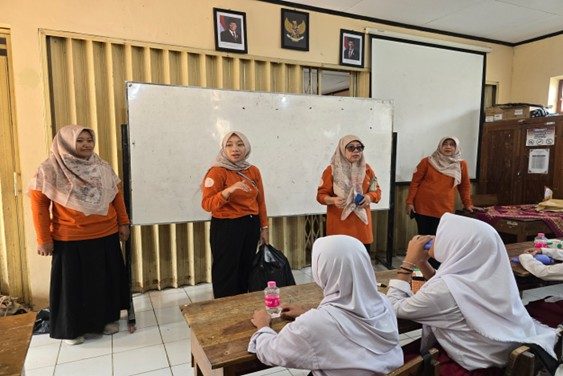
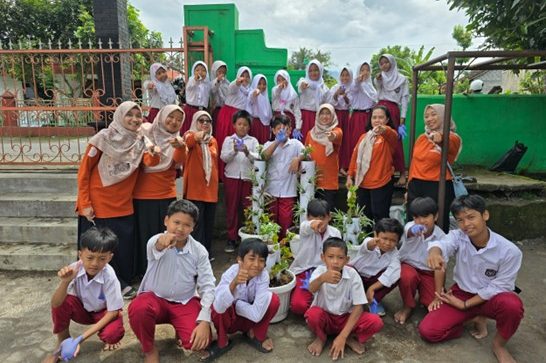
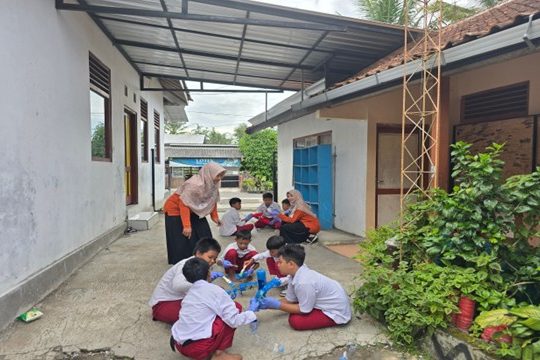
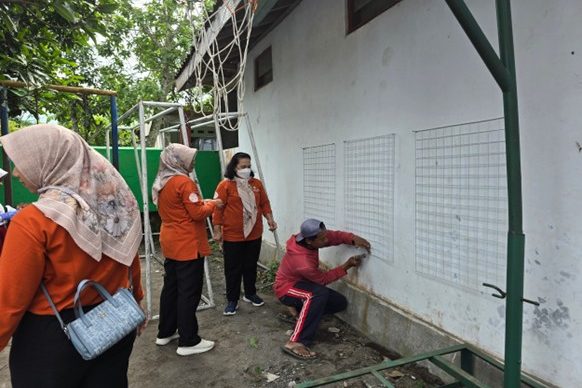
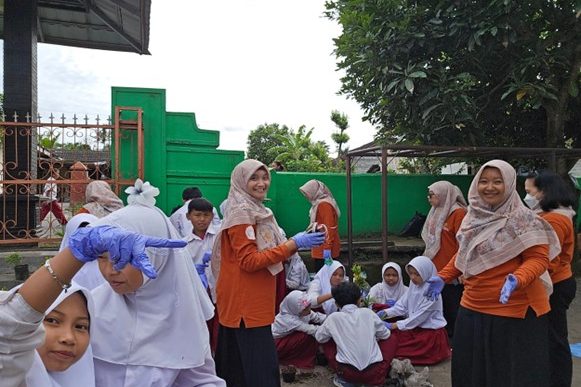
CooperationNews Release Monday, 14 July 2025
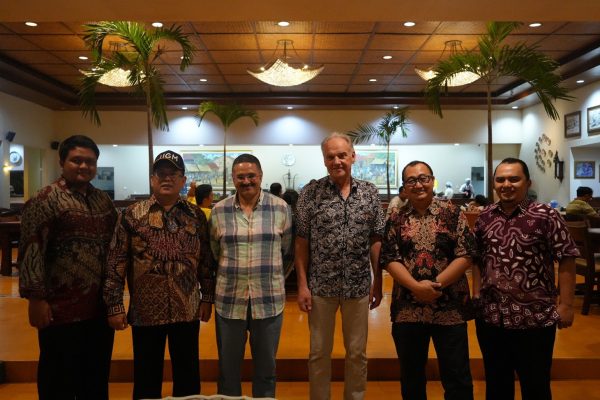
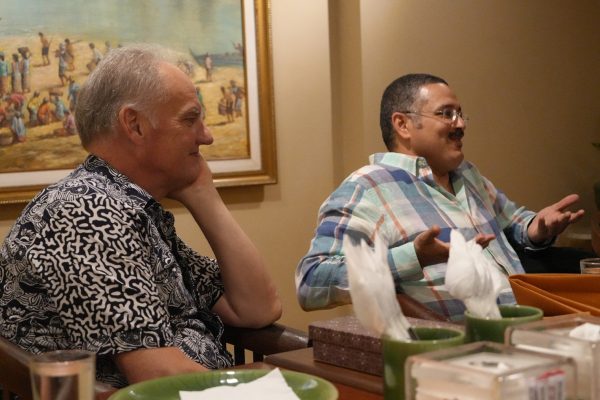
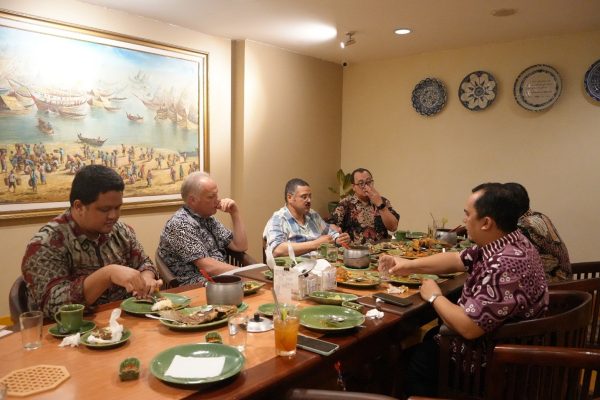
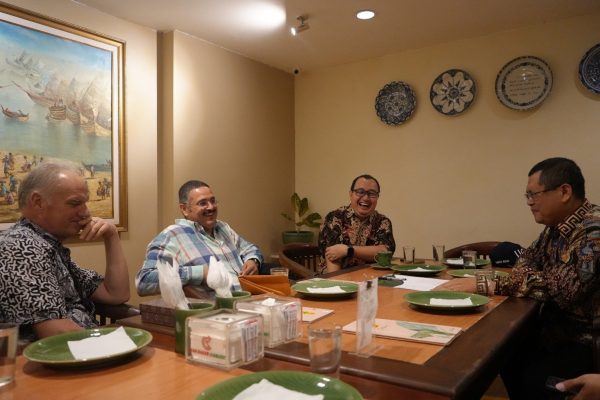
News Release Tuesday, 1 July 2025
Yogyakarta, June 30, 2025
The Faculty of Biology, Universitas Gadjah Mada (UGM), officially launched the International Summer Course on Sustainable Fisheries and Marine Biodiversity Conservation through a warm and welcoming courtesy dinner held on Monday, June 30, 2025, at Ikan Bakar Cianjur (IBC) Restaurant, Palagan, Yogyakarta. This event marked a significant occasion in welcoming seven students from the University of Technology Sydney (UTS), who will participate in a 26-day program filled with academic and cultural activities in and around Yogyakarta. This program is sponsored by the New Colombo Plan.
The opening ceremony was attended by leaders from both UGM and UTS, including Prof. Dr. Budi Setiadi Daryono, M.Agr.Sc., Dean of the Faculty of Biology UGM; Dr. Eko Agus Suyono, M.App.Sc., Vice Dean for Research, Community Service, Collaboration, and Alumni Affairs; Dr. Tyas Ikhsan Hikmawan, Head of the Office of International Affairs (OIA) UGM; and Dr. Nur Indah Septriani, S.Si., M.Sc., Ph.D., Head of the OIA of the Faculty of Biology UGM. Representing UTS was Dr. Megan Murray, accompanying academic staff of the summer course. Also present were Dr. Wulan Rahmiati, M.Hum., Program Coordinator of INCULS UGM; Destina Kawanti, S.Si., M.IP., Head of Partnership and KKN Program Task Force at the Directorate of Community Service (DPkM) UGM. The event was also attended by student liaison officers (LOs) and organizing committee members from the Faculty of Biology, UGM, who will accompany the international guests throughout their stay.


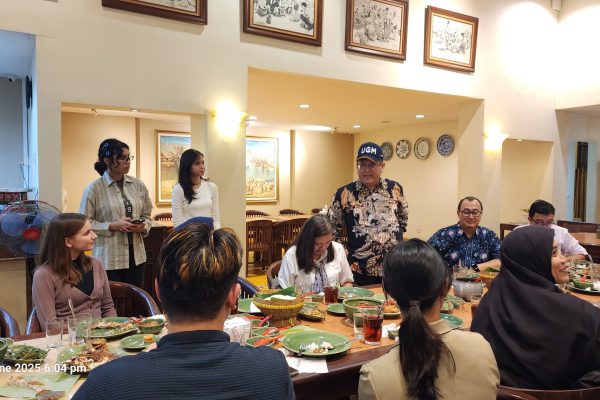
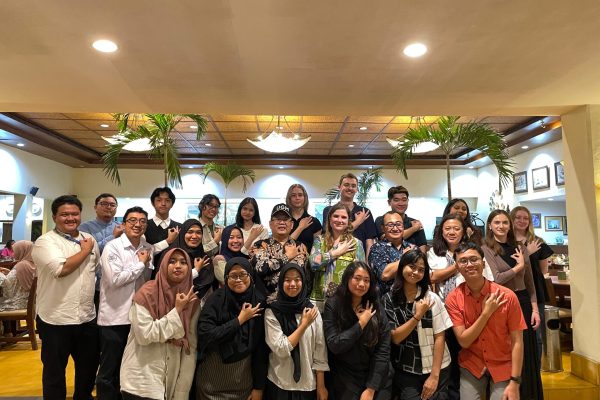
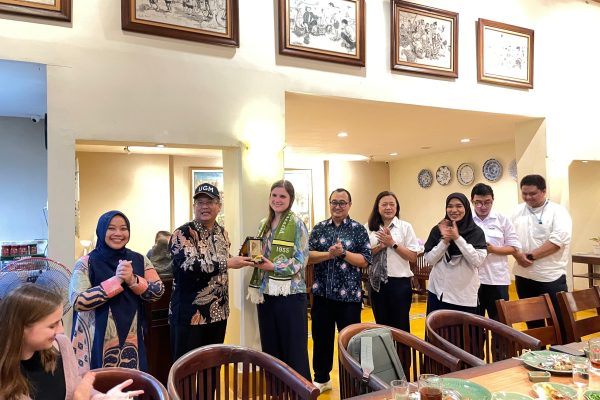
In his opening remarks, Dr. Eko Agus Suyono emphasized that this program reflects UGM’s strong commitment to promoting international collaboration that addresses sustainability issues, particularly in the areas of fisheries and marine biodiversity conservation. He also highlighted the importance of cross-cultural engagement and active student participation in community-based activities, in line with UGM’s holistic approach to education.
Dr. Wulan Rahmiati added that beyond academic content, the participants will receive contextual learning through Indonesian language classes and cultural immersion facilitated by INCULS. This language training serves as an important gateway to fostering meaningful interaction between participants and the local community.
Dr. Megan Murray expressed her sincere appreciation for the warm welcome extended by UGM. She conveyed that the UTS students are enthusiastic not only to learn academically but also to immerse themselves in the rich social, cultural, and natural landscapes of Indonesia, particularly its renowned biodiversity.
Closing the ceremony, Prof. Dr. Budi Setiadi Daryono expressed his hope that the program would serve as a platform for knowledge exchange, the strengthening of international networks, and the cultivation of cross-national awareness regarding environmental issues—especially those concerning marine and coastal ecosystems. He further emphasized the crucial role of youth in building a sustainable future through education, research, and community engagement.
Over the next month, participants will take part in various activities including Indonesian language classes at INCULS, community service projects in collaboration with UGM’s KKN program, online lectures by academic experts from institutions such as Universitas Gadjah Mada, University of Technology Sydney, Universiti Tun Hussein Onn Malaysia, Universiti Tunku Abdul Rahman, Chiba University, University of Leiden, University of the Philippines Los Baños, Universiti Malaysia Sabah, Universitas Hasanuddin, etc.The program also features field excursions to Porok Beach, permaculture training at Bumi Langit, visits to the Biology Museum, and cultural explorations to significant historical sites such as Prambanan Temple, Sojiwan Temple, Sonobudoyo Museum, the Yogyakarta Palace, Kotagede, the Royal Cemetery in Imogiri, etc.
The evening concluded on a warm and friendly note, symbolizing the beginning of a vibrant journey of cross-cultural and interdisciplinary learning that promises to enrich the academic and personal experiences of all participants.
This program also contributes significantly to the achievement of the United Nations Sustainable Development Goals (SDGs), particularly SDG 4 (Quality Education) through cross-cultural learning and global student capacity-building; SDG 14 (Life Below Water) by fostering understanding and conservation of marine biodiversity; SDG 17 (Partnerships for the Goals) through international collaboration between UGM and UTS; and SDGs 11 (Sustainable Cities and Communities) and 13 (Climate Action) through community service, permaculture field visits, and efforts to raise awareness on sustainable natural resource management. [Nur Indah Septriani]
News ReleaseStudent Activities Monday, 30 June 2025
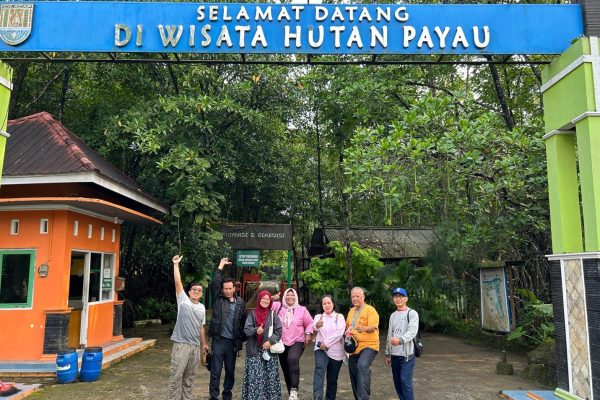
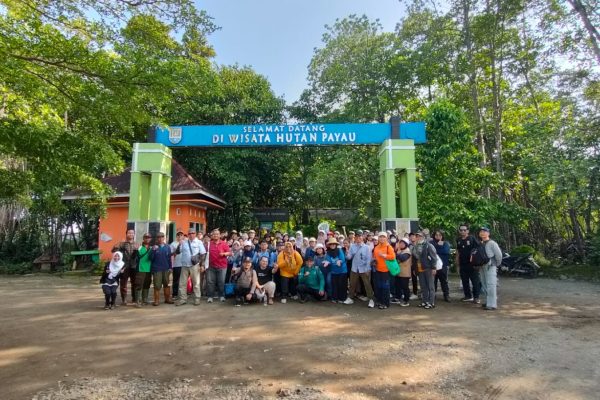
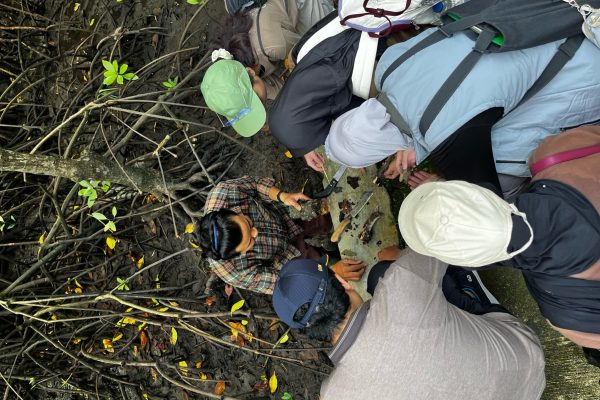
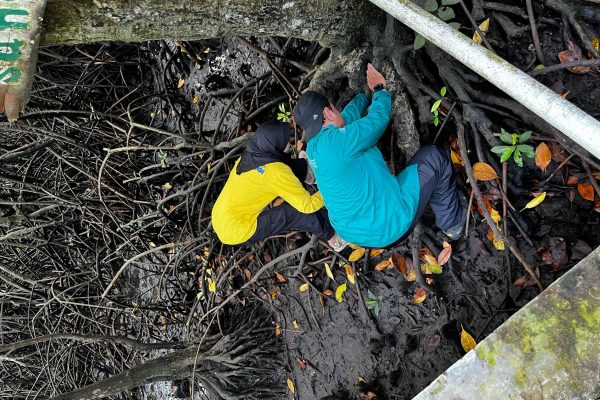
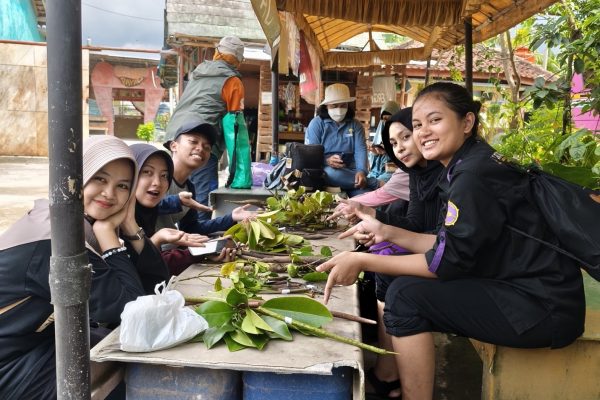
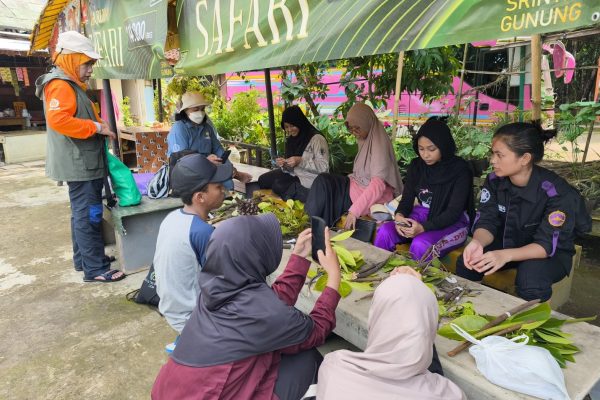
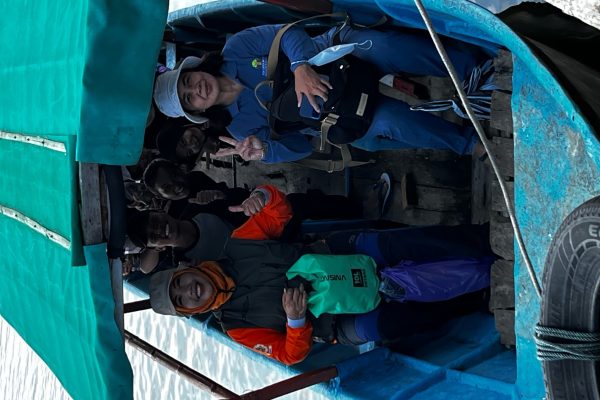
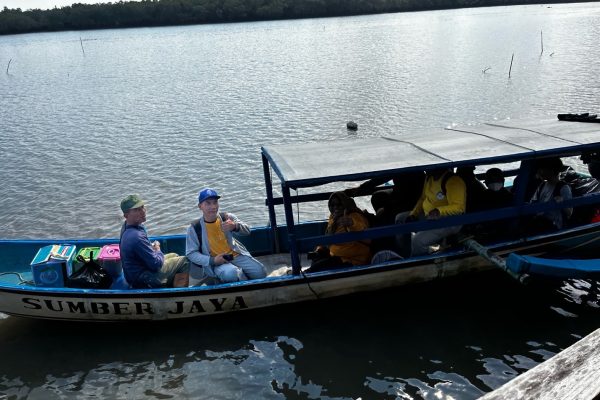
News Release Wednesday, 25 June 2025
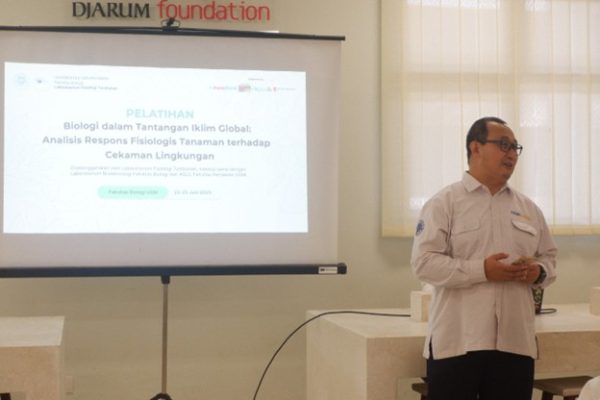
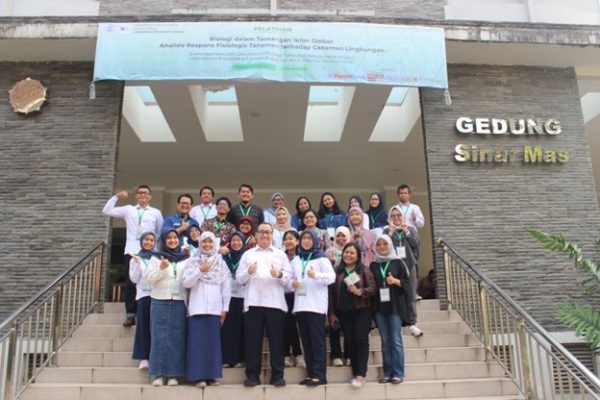
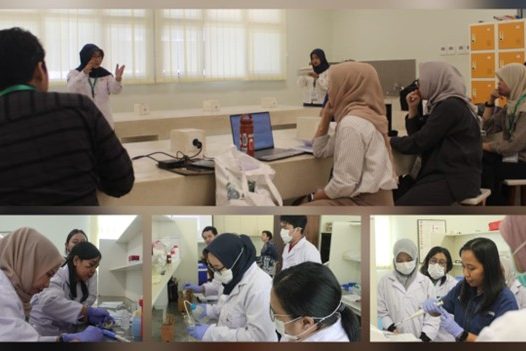
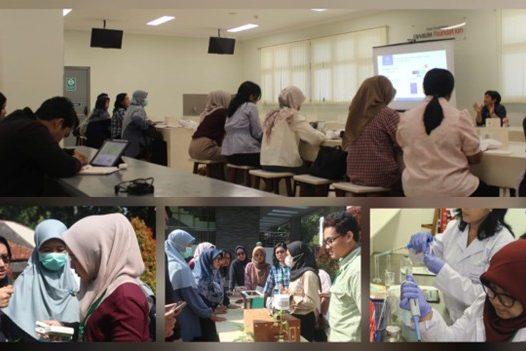
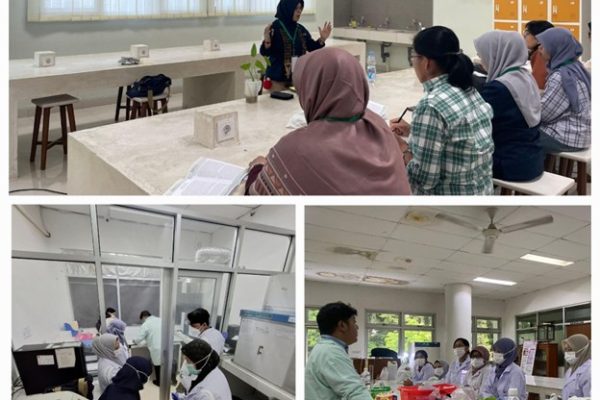
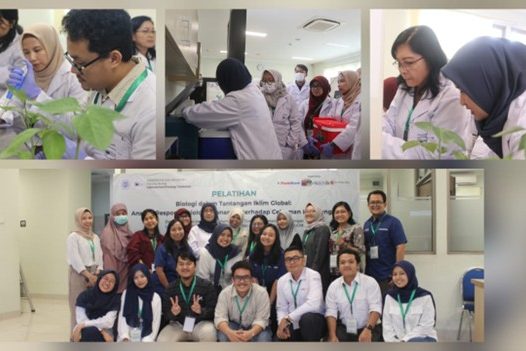
Community Service Monday, 23 June 2025
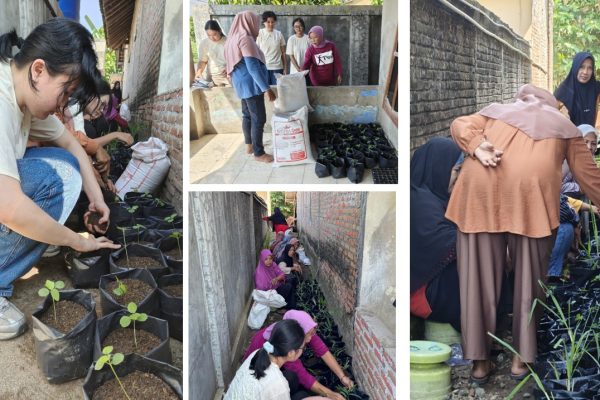
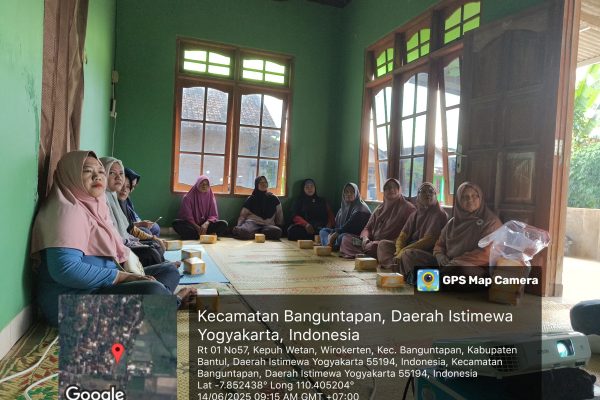
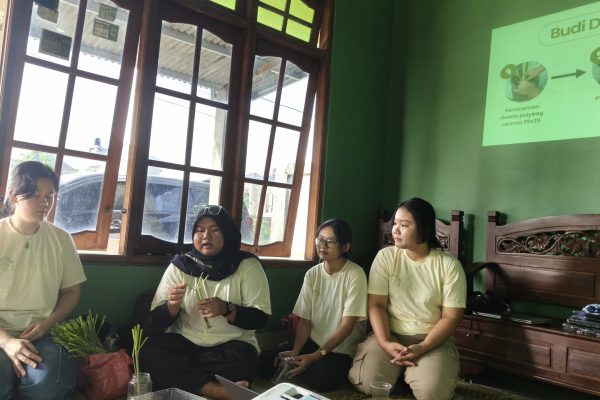
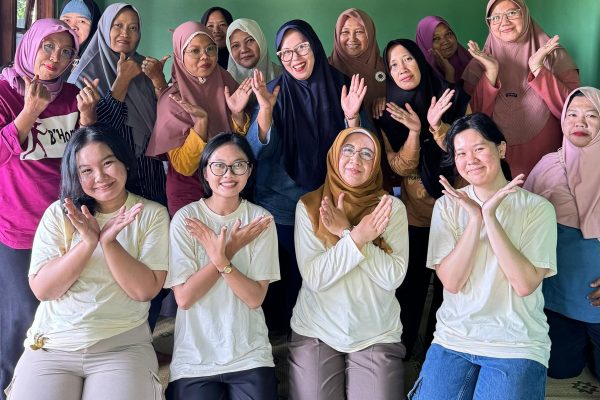
News Release Friday, 20 June 2025
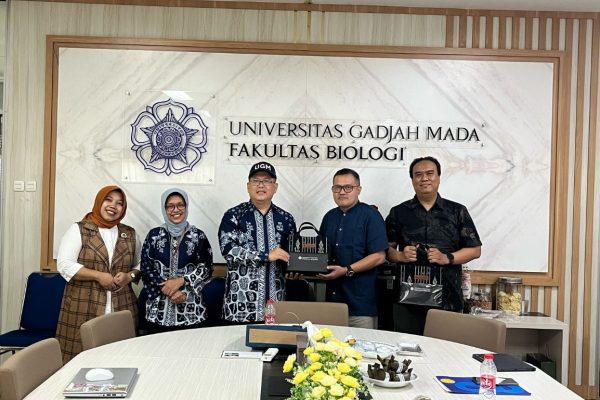
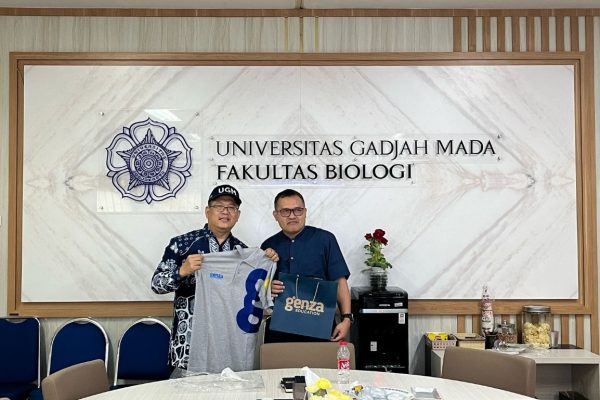
News Release Friday, 20 June 2025

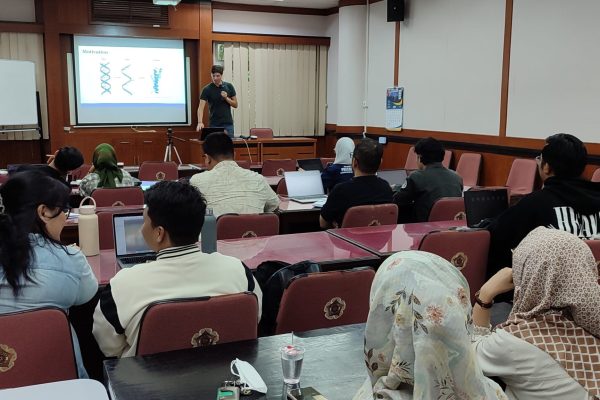
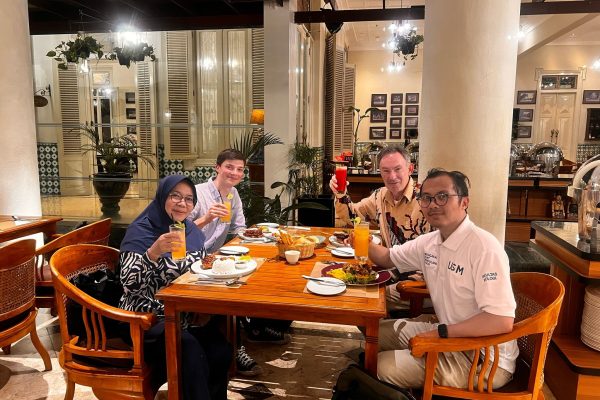
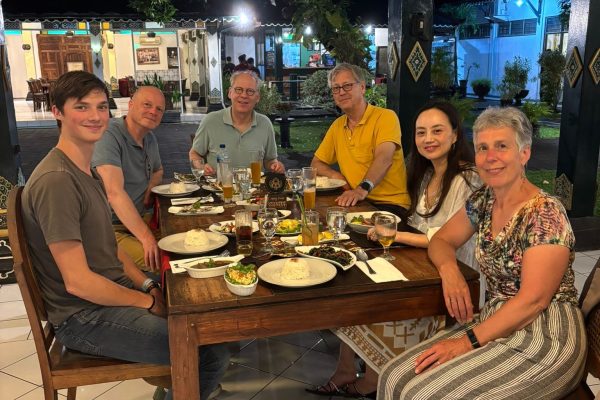
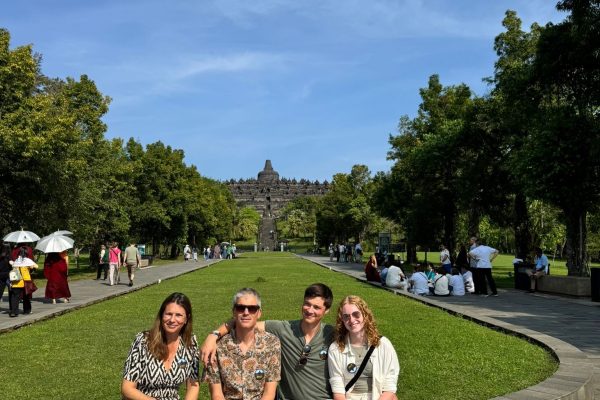
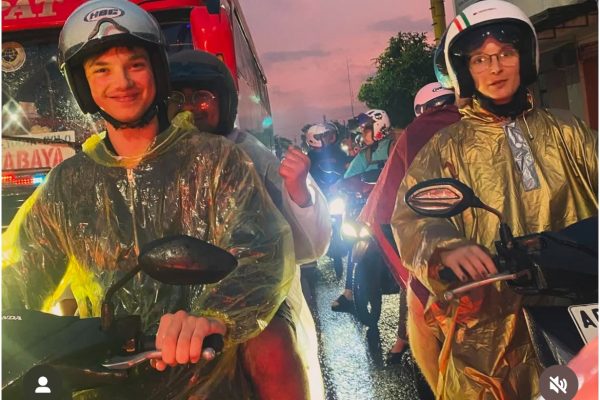
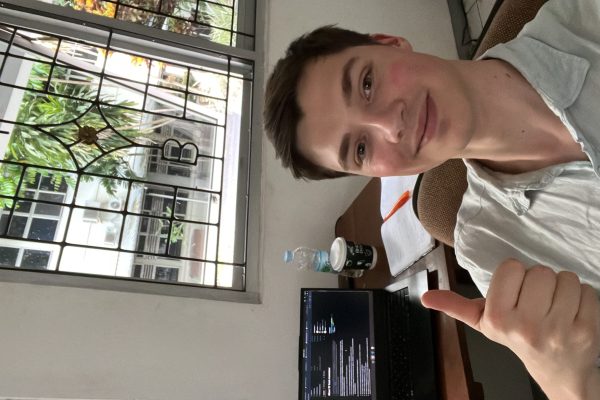

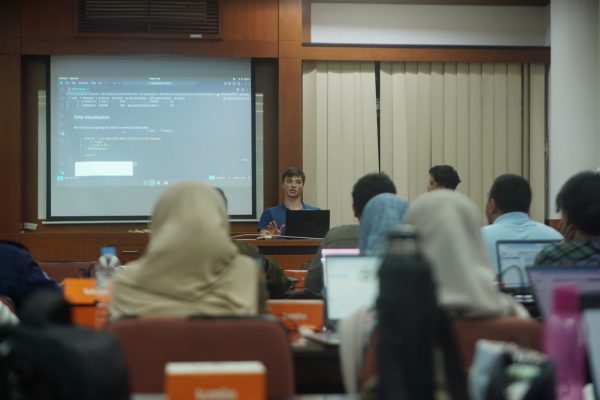
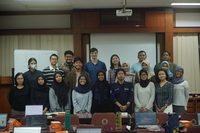
News Release Monday, 16 June 2025
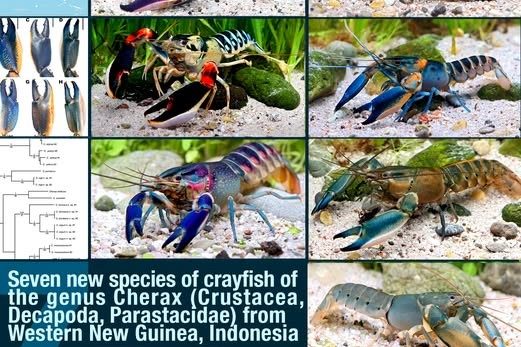
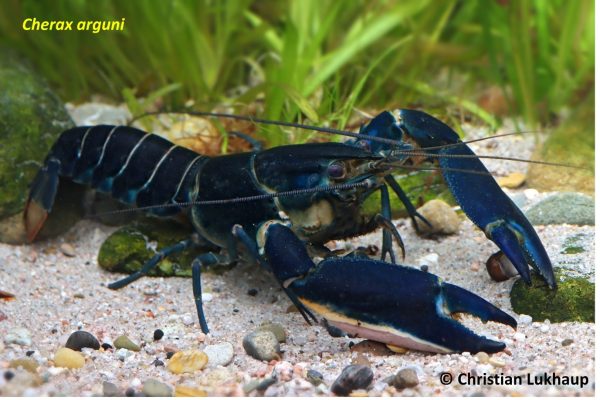
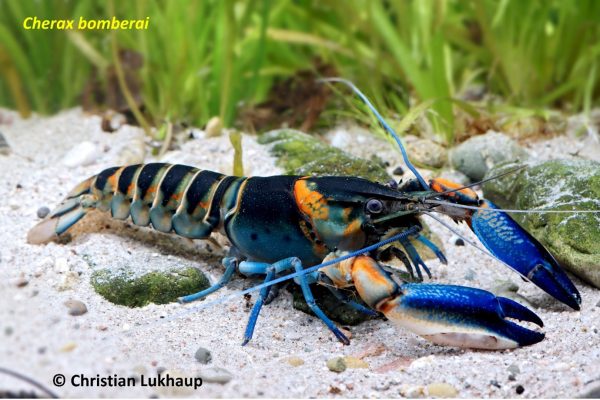
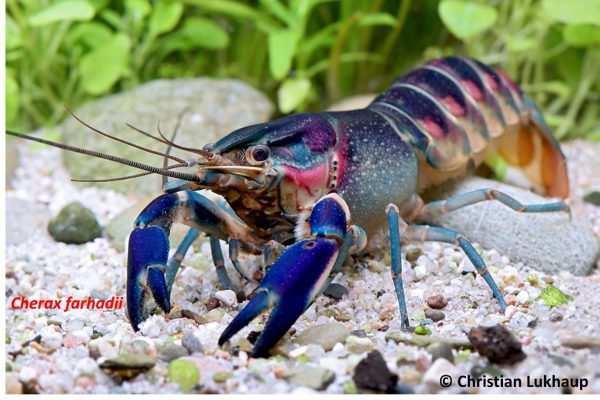
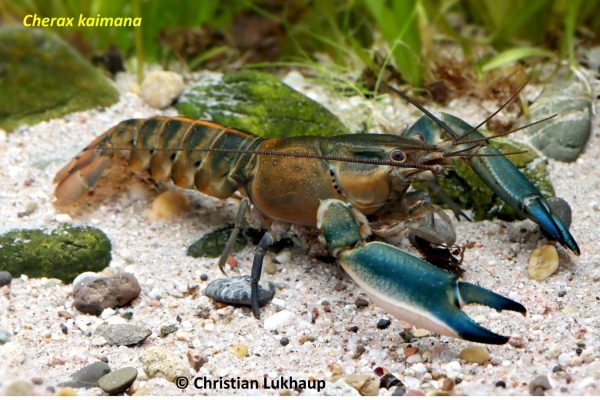
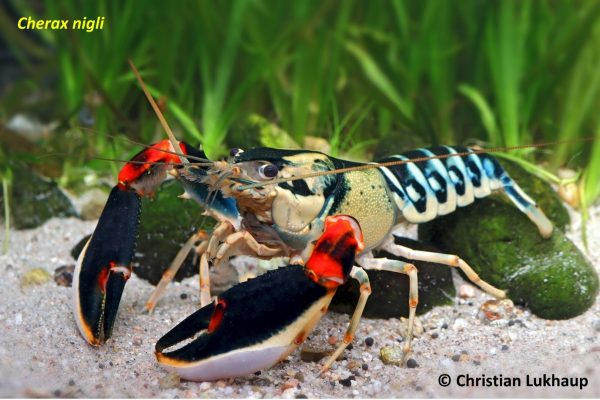
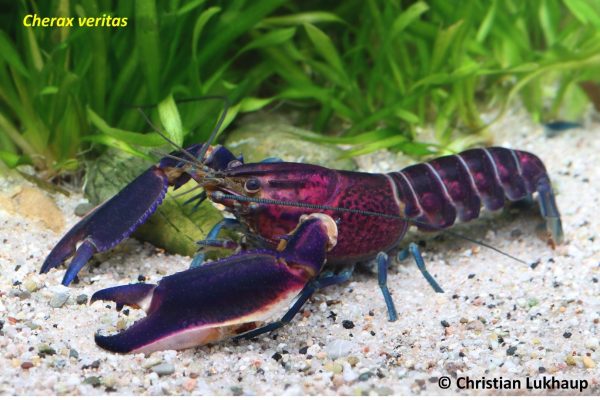
“Papua holds the greatest diversity of freshwater crayfish in the world, yet many species remain scientifically undescribed,” said Rury Eprilurahman.
“Our goal is to help establish a valid taxonomic foundation while promoting the protection of these increasingly vulnerable species,” he added.
New Species from Papua’s Hidden Rivers
The seven newly described species originate from various remote regions of West Papua:
“These species can be clearly distinguished from each other, both morphologically and genetically,” the researchers wrote in their publication.
DNA Reveals Unique Lineages
To further validate their discoveries, the team performed mitochondrial DNA analyses using the 16S rRNA gene fragment.
Results revealed that the seven new species represent genetically distinct lineages, supporting their classification as separate species.
“This is crucial, as some species may look deceptively similar. Without molecular analysis, we risk misinterpreting their evolutionary relationships,” Eprilurahman explained.
By combining classical morphology with molecular systematics, the researchers ensured a scientifically sound and responsible approach to species identification.
Aquarium Trade as a Starting Point
Intriguingly, some of the initial specimens were obtained through the aquarium trade.
“Many of these species first appeared in the aquarium hobby market in Europe or Jakarta,” Rury noted.
“From there, we traced their origins and collaborated with local contacts in Papua to confirm the natural habitats.”
While not ideal, the aquarium trade occasionally provides an early clue to the existence of undescribed species.
Nevertheless, Rury emphasized that all field sampling and data collection were conducted ethically and following conservation permits.
Vital for Conservation Efforts
This discovery is significant not only for taxonomy but also for conservation.
West Papua is a global hotspot for freshwater biodiversity, yet its ecosystems face mounting threats from deforestation, mining activities, infrastructure development, and illegal wildlife trade.
By enhancing the region’s species inventory, the findings will contribute to more targeted and effective conservation planning.
“If we don’t even know which species are present, how can we protect them?” Rury asked.
“With this knowledge, we can push for more sustainable management of freshwater habitats.”
Much More Yet to Be Discovered
While seven new species have now been formally described, the researchers believe Papua’s Cherax diversity is still vastly underexplored.
“Papua is incredibly vast. There are countless rivers, lakes, and cave systems that remain unexplored,” Rury said.
“I’m confident we will continue to discover new species in the future.”
The same team has previously described other species, including:
This highlights Papua’s status as a global hotspot for freshwater crayfish diversity.
Continuing the Legacy of Holthuis
Since Holthuis pioneered the study of the world’s freshwater crayfish in the mid-20th century, modern tools like Next Generation Sequencing (NGS) and advances in molecular systematics now offer unprecedented insights.
But fieldwork remains irreplaceable.
“There is no substitute for direct exploration in nature,” Rury emphasized.
“Papua still holds many mysteries, and we have only scratched the surface.”
Through a combination of field exploration, global collaboration, and rigorous science, today’s researchers — following in the footsteps of L.B. Holthuis — continue to unveil new chapters in our understanding of Indonesia’s extraordinary freshwater biodiversity.
Reference:
Lukhaup C., Eprilurahman R., von Rintelen T. (2025). Seven New Species of Crayfish of the Genus Cherax (Crustacea, Decapoda, Parastacidae) from Western New Guinea, Indonesia Arthropoda 3(2):10. https://www.mdpi.com/2813-3323/3/2/10
CooperationNews Release Monday, 2 June 2025

